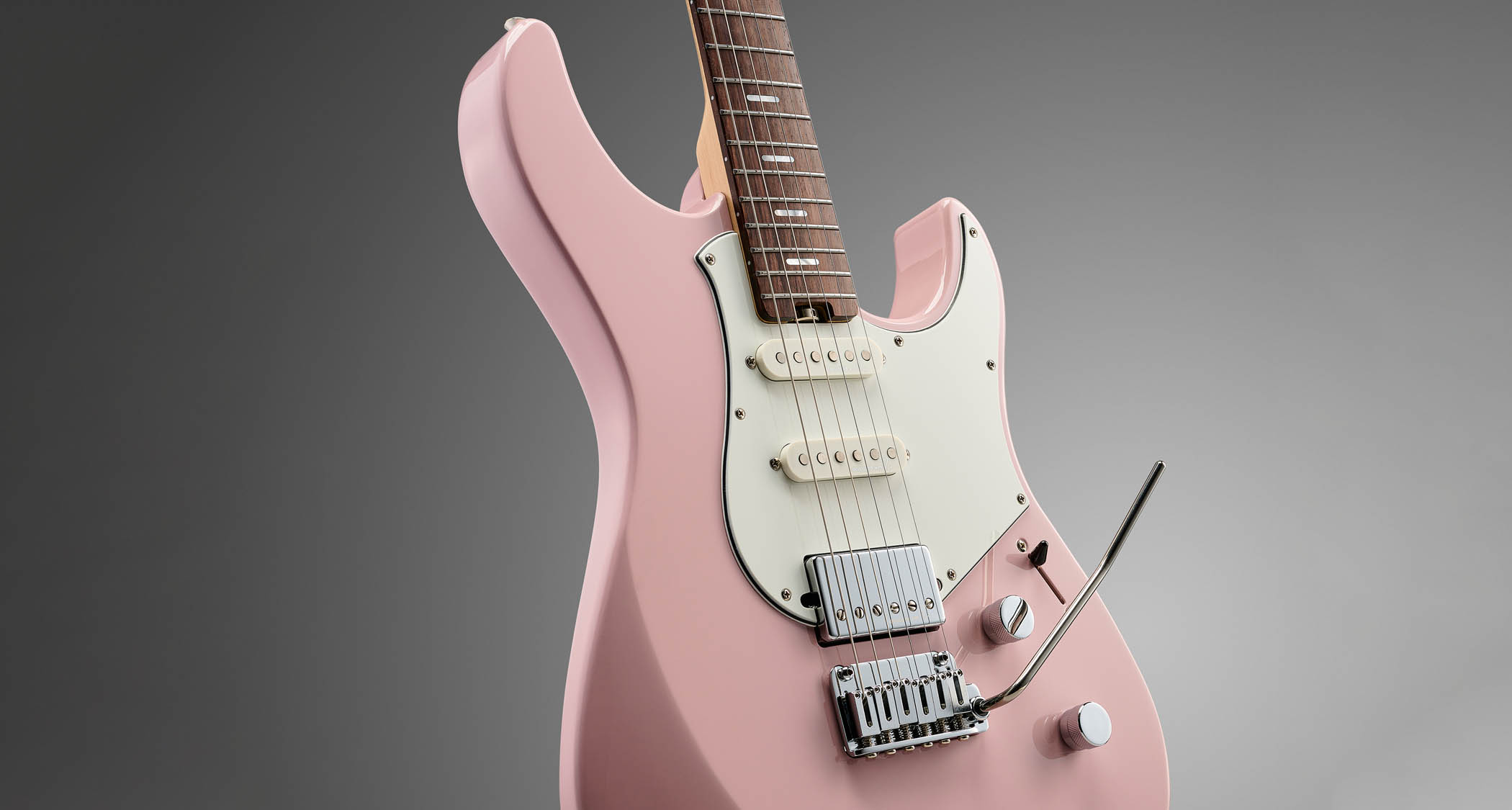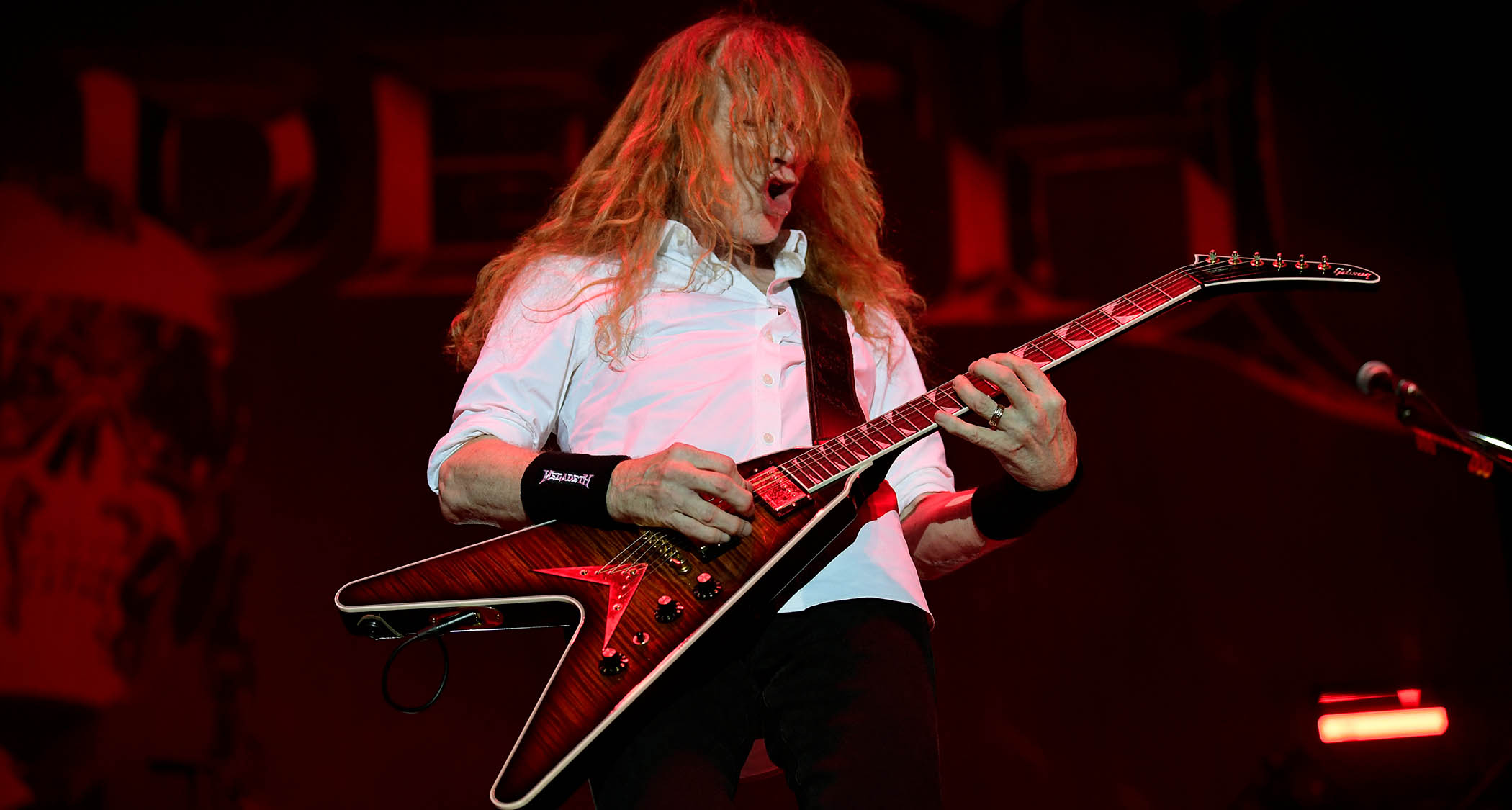Guitar World Verdict
Yamaha doesn’t flood the market with new guitars, but when they’re this good, you can see why. A considered design with feel and sounds to match.
Pros
- +
A serious contender for studio or stage.
- +
Huge range of tones.
- +
Treble bleed circuit.
- +
Good weight and build.
- +
Quality hardware with locking tuners.
Cons
- -
A little pricey.
You can trust Guitar World
Unlike the majority of large-scale manufacturers, Yamaha doesn’t flood the market with new guitar models every five minutes. Last year’s Revstar Mk II models came some seven years after the original line was launched, and at the start of this year, the first new Pacifica guitars were announced over a decade after any previous introductions.
Now, the Pacifica dates back to 1990, designed by the small team at then-new Hollywood based R&D centre. It started life as a high-end ‘SuperStrat’ and achieved colossal sales in the start-up 112 format, introduced around three years later, and still being made today.
The two new models fit in at the top of the long-running range: the Standard Plus, on review here, is made in Yamaha’s huge Indonesian factory; the new Professional model – which will cost you $2,199/£2,166 – in smaller numbers in Hamamatsu, Japan.
While those locations explain some of the considerable price difference, we could argue that the Standard Plus is something of a bargain as its specification is virtually identical to the Professional model.
With its sleek design and typically airier cutaways than a Stratocaster, the new models are tweaked with a nicely contoured heel and a curved forearm contour – the previous models have a more angular bevel.
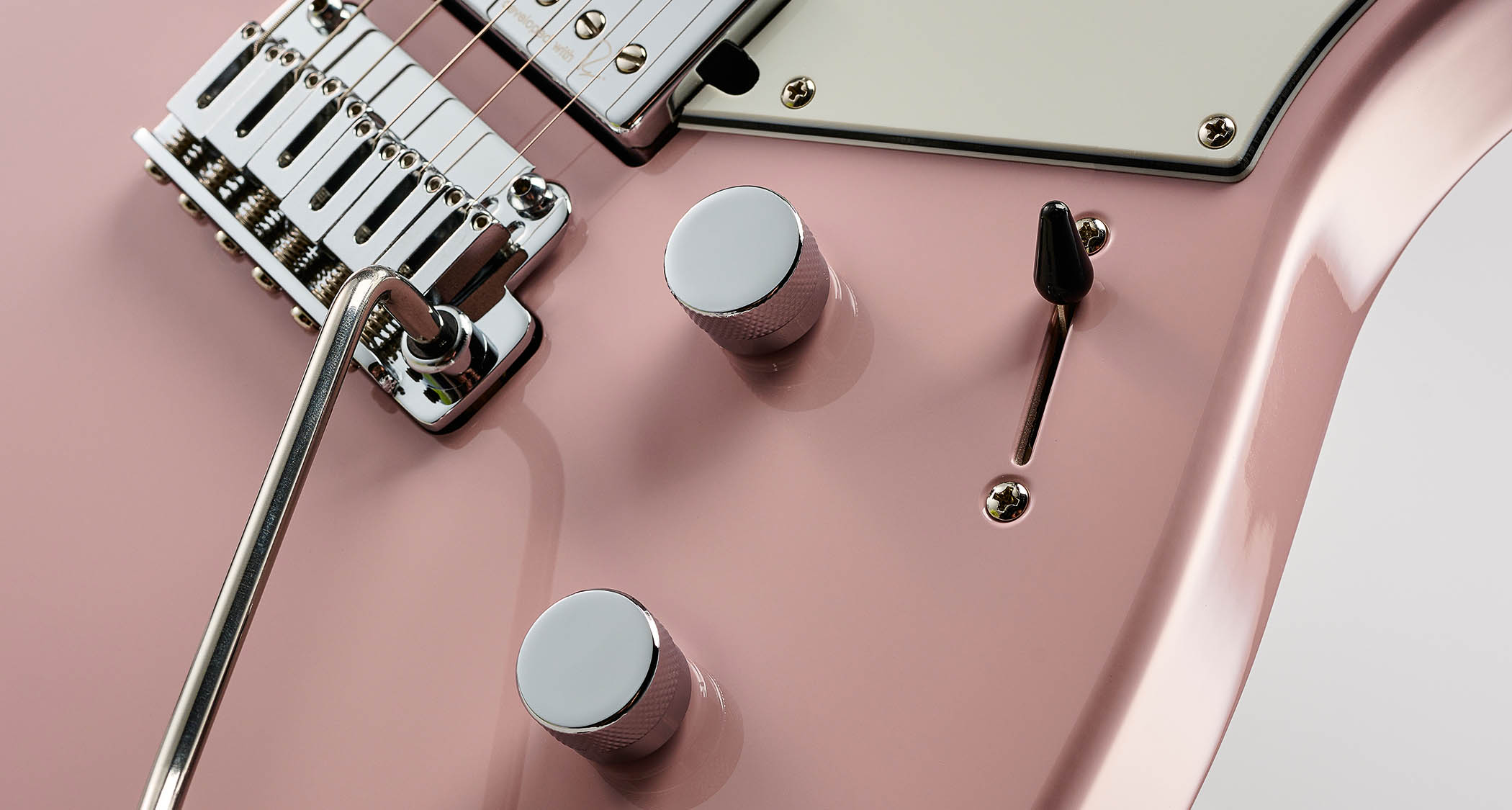
Yamaha employs its Acoustic Design process in the design – which “utilises scientific processes such as 3D modelling to devise wood-routing techniques that increase body resonance and improve the transfer of vibrations between neck and body” – resulting in small channels cut into the body under the new Revstar-inspired scratchplate and an added brace in the rear control cavity. Weight is good for the style, too, at just over 8lbs.
The slab-sawn maple neck is more standard – both models have a choice of maple or rosewood fingerboard – and while the Professional employs a compound fingerboard radius, the Standard Plus has a single 13.75” camber. Both models also sport stainless steel frets along with the same industry standard Gotoh 510 vibrato and rear-locking tuners.
All the latest guitar news, interviews, lessons, reviews, deals and more, direct to your inbox!
If the chassis is quite superb, the new Reflectone pickups certainly don’t let the side down. The single coils almost sound as if you’ve applied some post-recording production to enhance the classic Stratocaster’s voice: big basses, clear present highs but no sharp edges anywhere. These are perfect for classic or modern funk, pristine pop and a lot more.
The bridge humbucker is well matched with a little more heat and a fuller midrange but not the over-egged high-output ’bucker that you find on many HSS guitars.
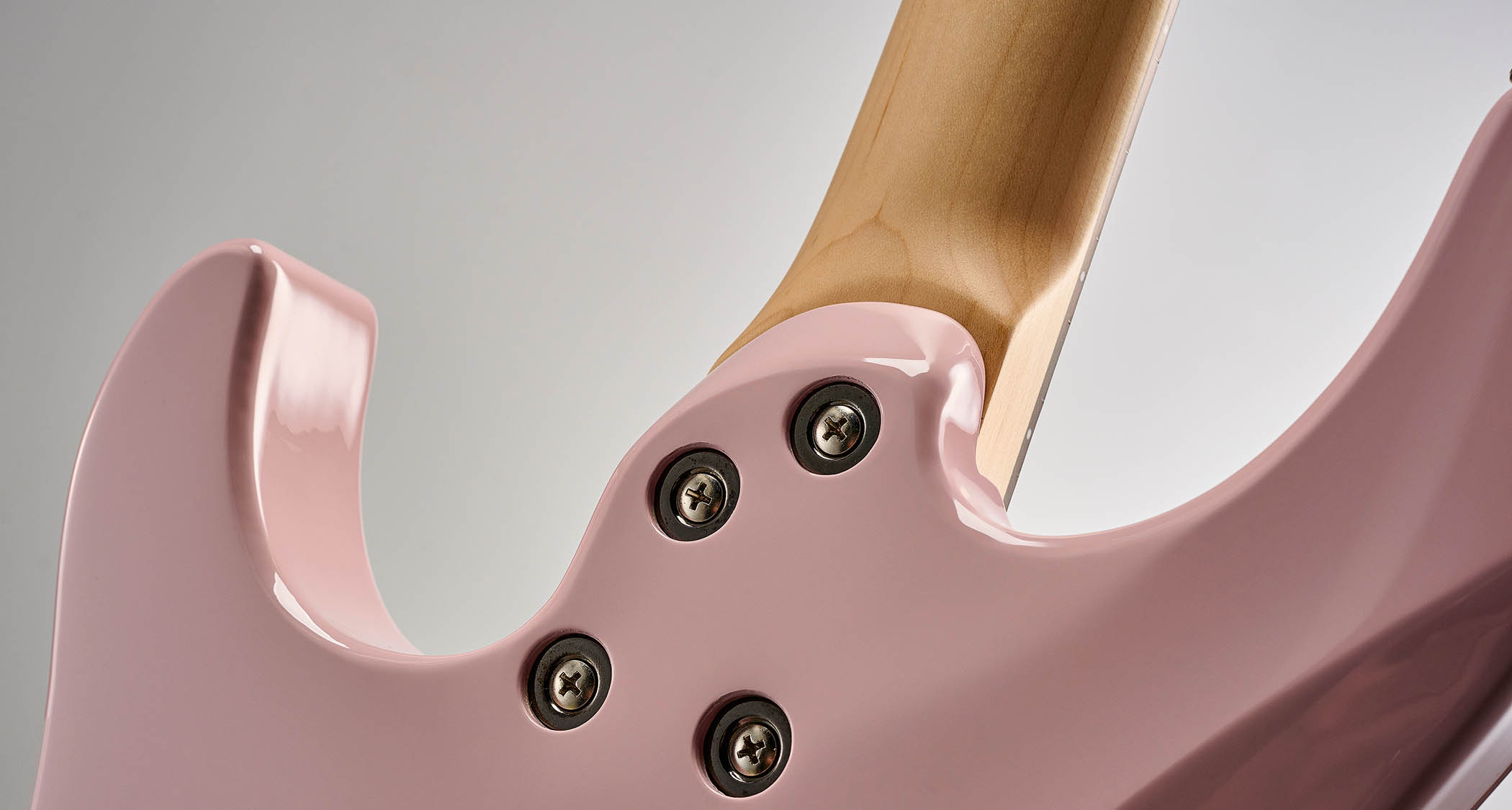
There’s a pull switch on the tone that splits the humbucker, voicing the neck-facing slug coil, that certainly cleans up the bridge and middle mix and on its own avoids sounding over-thin: another option. Even the volume control is considered, using a treble bleed circuit that keeps the clarity as you wind it down.
Historically, Pacificas have always had quite a narrow neck width: these increase that slightly – our Standard Plus measures a more regular 42.8mm at the nut – which is welcome, but the ‘slim C’ profile is exactly that and, yes, if you like big V’s or baseball bat shapes you probably won’t be at home here. But there’s a very mainstream feel and slim depth that, along with a great step-up, makes for effortless playing.
That Gotoh vibrato is used by a lot of major brands and – after standard string stretching – holds its tuning really well, with plenty of travel for standard use rather than dive-bombing antics.
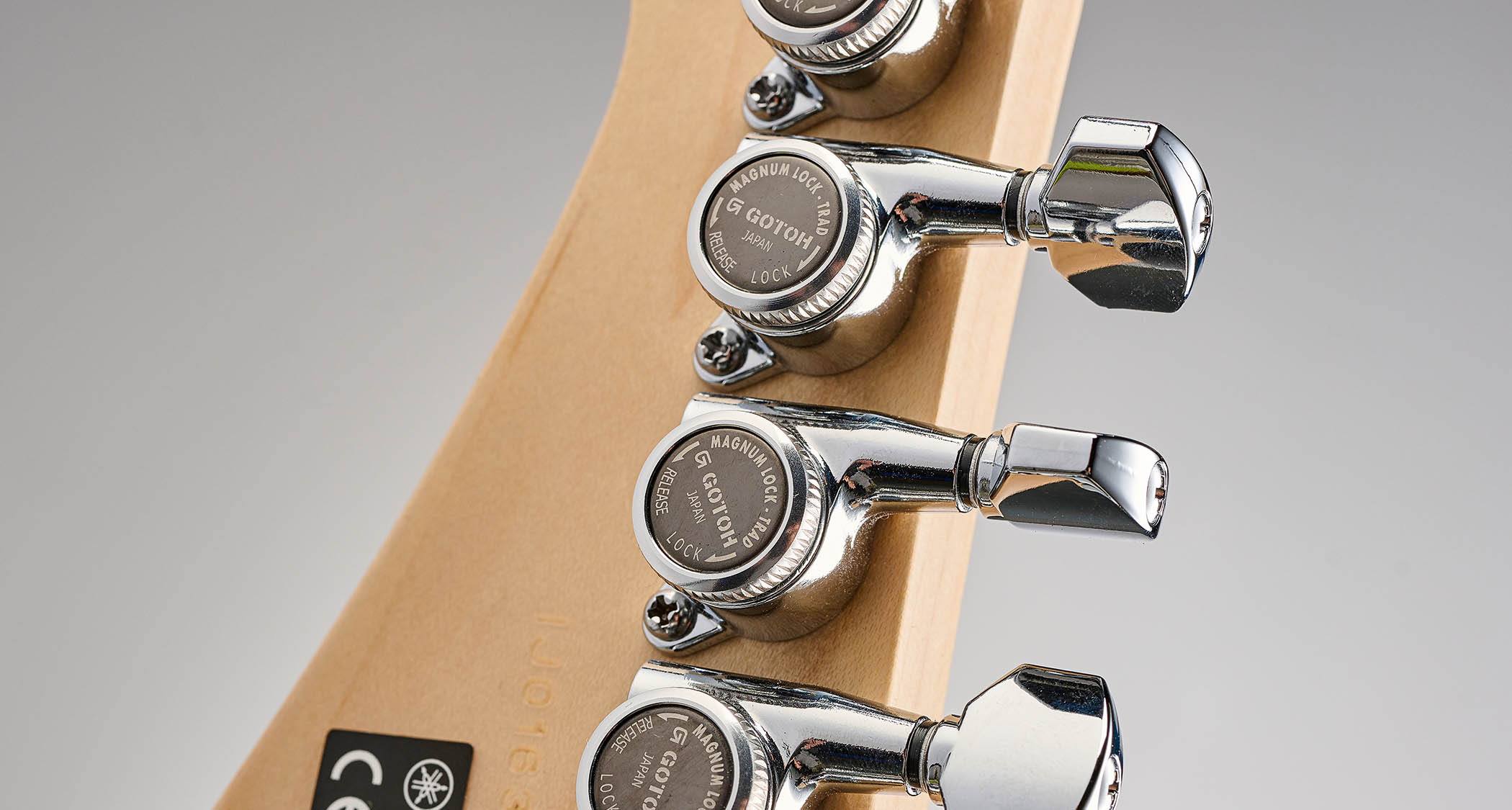
But there must be something we don’t like, right? To be honest, for the style, it’s a near-perfect. Yes, there’s plenty of competition from the usual suspects, and some might be thinking that the price, certainly compared to the higher end of other Indonesian-made guitars, is steep.
Yet this Standard Plus looks, feels and sounds thoroughly professional. It’s fit for purpose both as a superb and stable live tool or rather good for your recordings: a perfect match for modelers like Helix, which, as Line 6 is a Yamaha-owned brand, is hardly surprising.
So, no, Yamaha doesn’t flood the market with new guitars, but when they’re this good, you can see why. A considered design with feel and sounds to match.
Neve x Yamaha? How the new Pacifica’s pickups were co-designed with an audio legend
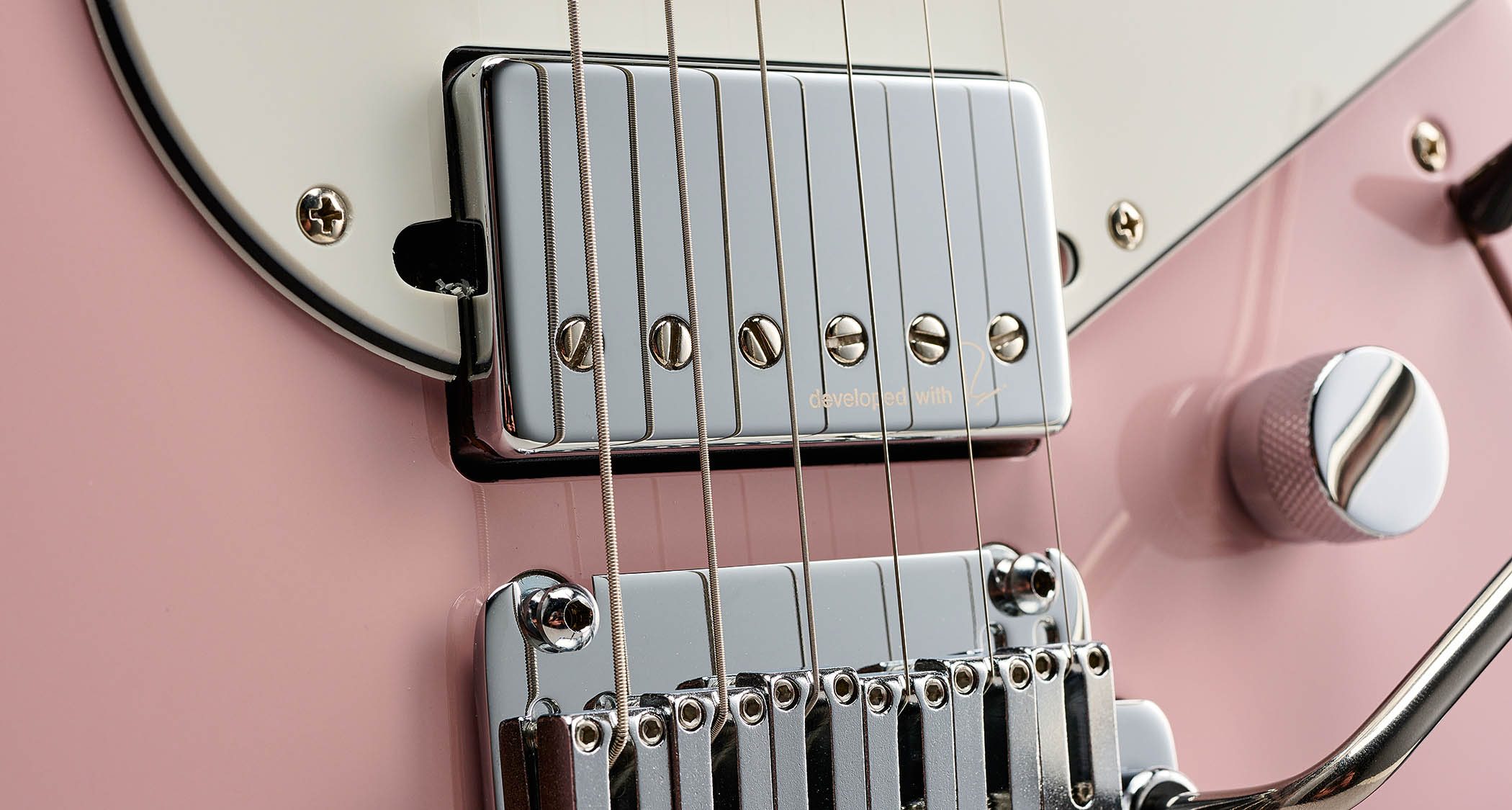
“Yamaha has had a longstanding partnership with Rupert Neve Designs (RND) in the PA category,” explains Yamaha’s Yusuke Ota, “and are globally renowned in the audio engineering industry, with audio transformers serving as the cornerstone of their design philosophy, integral to virtually every RND product. Given that electric guitar pickups operate similar principles to audio transformers, we leveraged RND’s deep expertise in our Reflectone pickup development.”
“The collaboration began coincidentally when Yamaha visited one of the RND engineer’s garages, Dennis Alichwer, where they found pickups on his workbench that he had wound as a hobby. These pickups were then brought back to Yamaha Japan as a reference pickup for the development.”
Specs
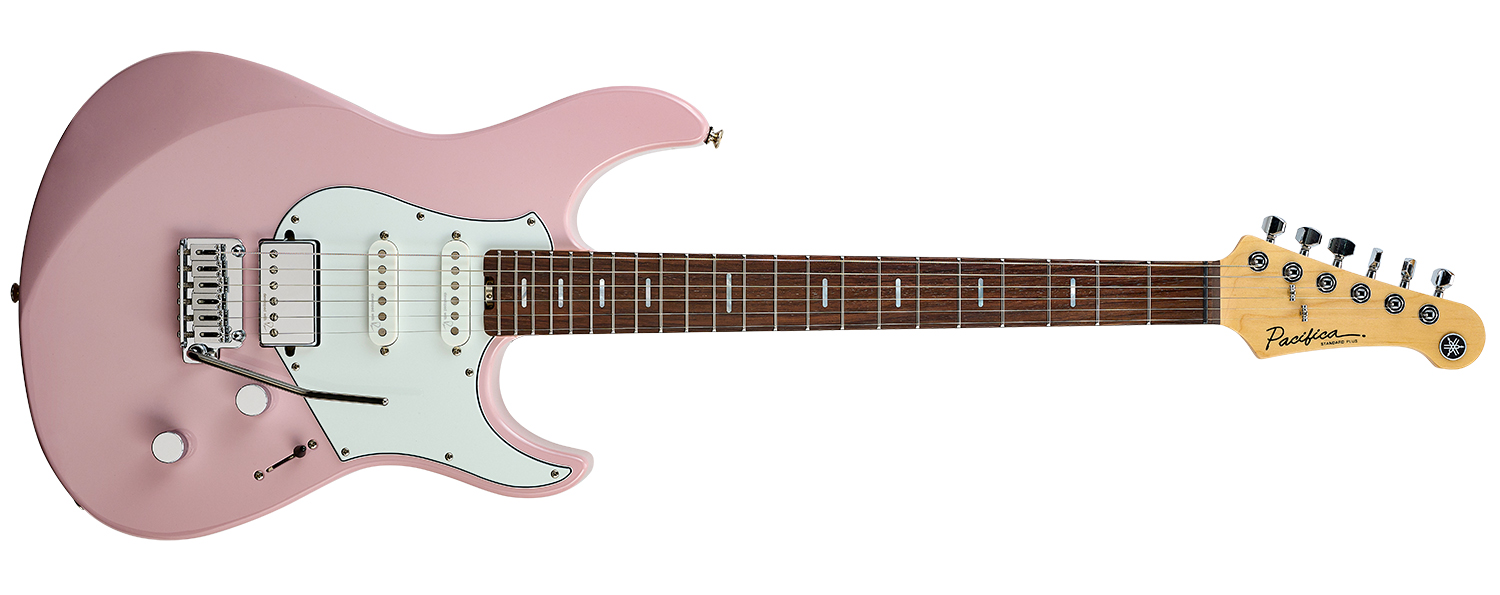
- PRICE: $1,349 / £1,259
- BODY: Alder
- NECK: Maple, slim C profile, bolt-on
- FINGERBOARD: Maple, 25.5” scale, 13.75” radius
- FRETS: 22, medium stainless steel
- PICKUPS: Yamaha Reflectone HH7b humbucker (bridge), Reflectone HS7 single coils (neck and middle)
- CONTROLS: Master volume, tone (with pull-switch coil split for humbucker), five-way lever pickup selector switch
- HARDWARE: Gotoh 510T FE-1 vibrato, Gotoh locking tuners
- FINISH: Black, Ash Pink (as reviewed), Sparkle Blue
- CASE: Gigbag
- CONTACT: Yamaha
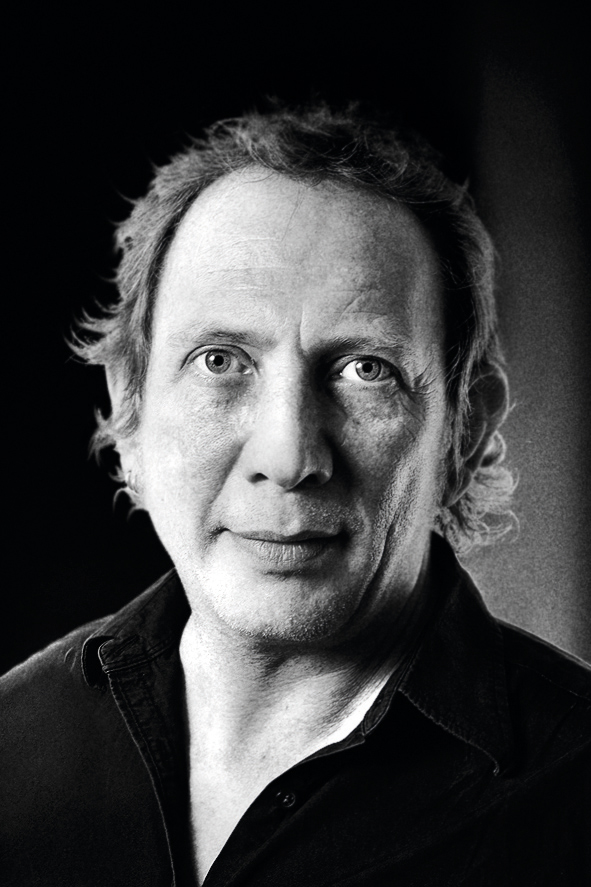
Dave Burrluck is one of the world’s most experienced guitar journalists, who started writing back in the '80s for International Musician and Recording World, co-founded The Guitar Magazine and has been the Gear Reviews Editor of Guitarist magazine for the past two decades. Along the way, Dave has been the sole author of The PRS Guitar Book and The Player's Guide to Guitar Maintenance as well as contributing to numerous other books on the electric guitar. Dave is an active gigging and recording musician and still finds time to make, repair and mod guitars, not least for Guitarist’s The Mod Squad.
